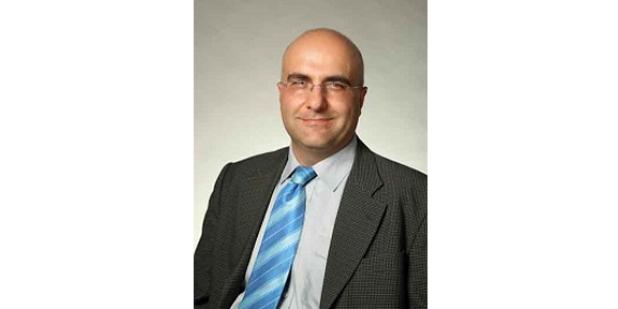Alexander Gerschenkron (1904-1978) famously postulated that the more backward an economy was at the outset of industrialisation, the more reliant it would be on state-backed banks as a means of directing investment. Gerschenkron thereby implied that impersonal equity markets were likely to play a less significant role in countries aiming to catch up with the West. This article is aimed at examining Gerschenkron's thesis primarily through an analysis of share-holding in 1930s Shanghai. Drawing on newly-discovered archival material as well as on recent studies, the paper clarifies the magnitude of joint-stock enterprise and the ubiquity of stock-exchange trade in a city that was by far China's most important economic hub. The pattern of joint-stock enterprise in pre-war China is compared with that of Japan, the first non-Western society to become fully industrialised. The argument advanced is that Gerschenkron's thesis incorrectly played down the significance of impersonal equity markets to pre-war Japan's successful industrialisation and to the limited nature of pre-war China's industrialisation. Japan could sustain its industrialisation thrust in the early 20th century on a nation-wide scale partly because of the growing vitality of its equity markets in Tokyo and Osaka. By contrast, China's pre-war industrialisation was much less extensive because its equity markets were more limited.
In the event, China did not significantly industrialise under the Goumindang but through communist central planning in the post-war era. Yet, when Deng Xiaoping embarked on the road to economic reform and opening up in 1978, China was still largely an agrarian country. Today, half of China's population lives in cities. The Chinese stock exchanges in Shanghai and Shenzhen, though nominally very large and in effect fairly well integrated with important bourses overseas, are still widely perceived as government-manipulated and lacking in transparency. China's break-neck growth over the past three decades might therefore arguably suggest that, at least in the post-war era, industrialisation could conceivably be achieved primarily through foreign investment and state-backed bank credit rather than through free and extensive equity markets. Perhaps there was an element of path-dependency, after all, in Deng's decision to seek massive investment from foreign firms by granting them sweeping preferential treatment in the 1980s. Under Hu Jintao, China groomed the Hong Kong stock market as a more attractive vehicle for mainland firm listing. That China was able to develop exponentially over the last three decades without stronger, free equity markets is incontrovertible. However, can China become a superpower without effective equity markets? In other words, could Gerschenkron's thesis prove partly correct in a post-Socialist setting even if economic historians are increasingly skeptical about that thesis' applicability to the early 20th-century?
Niv Horesh, an historian, is a Professor of Modern History of China and the Director of the China Policy Institute at the University of Nottingham, United Kingdom. ?His first book, Shanghai's Bund and Beyond, is the first comparative study of foreign banking in prewar China. The book surveys the impact of British overseas bank notes on China's economy before the outbreak of the Second Sino-Japanese War in 1937. ?Horesh's second book Chinese Money in Global Contex (Stanford UP 2013, Economics and Finance Series) makes for a China-centered examination of the evolution of money and finance around the word since the birth of coinage in Lydia and up to the present. His third book is Shanghai, Past and Present. It is an introduction to the warp and weft of the city's history written with non-specialists in mind.





